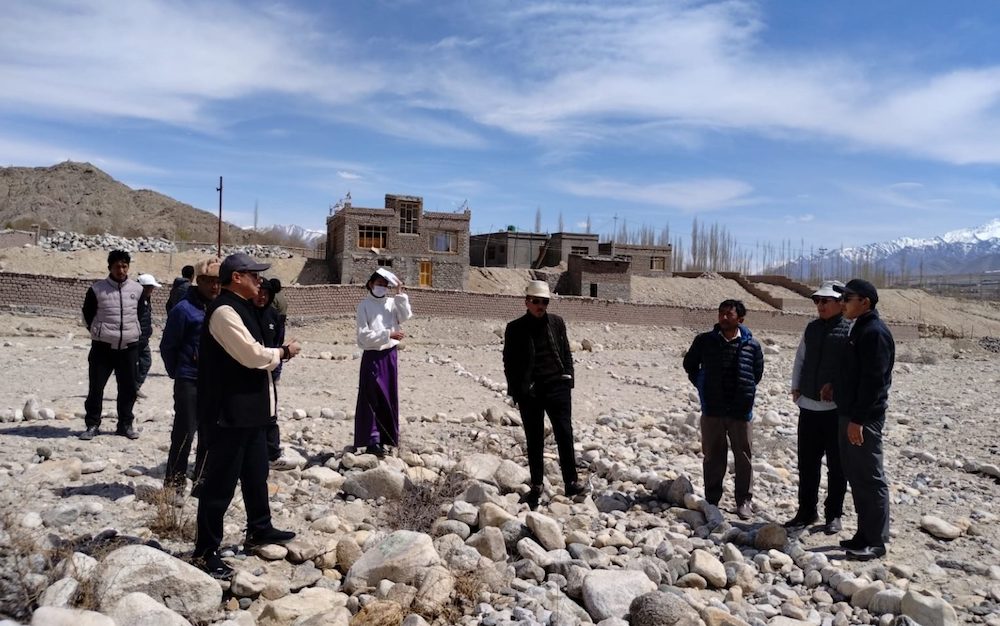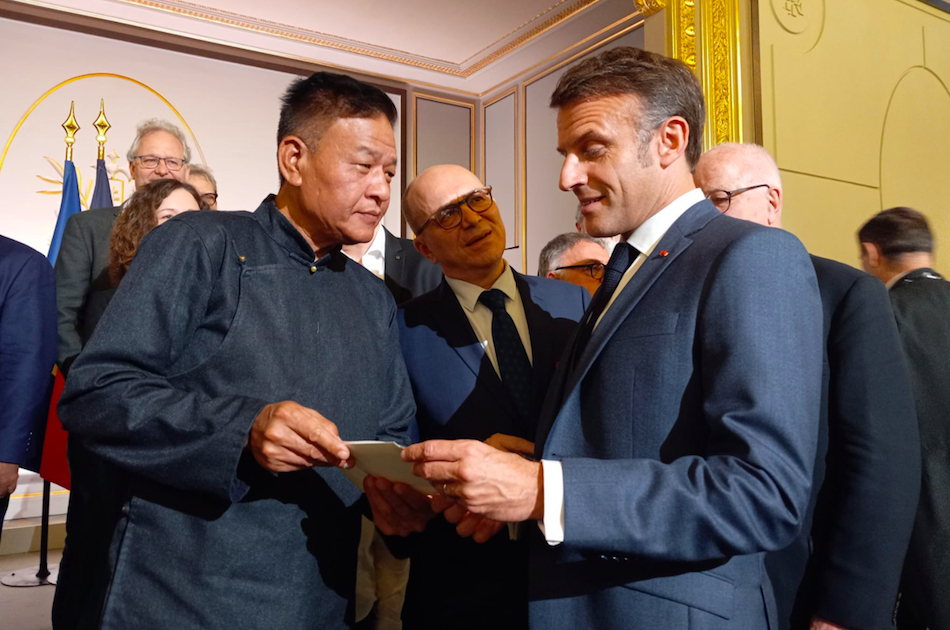(Piedmont Regional Council, 7 July, 10 a.m.)
Turin, 7 July 2003 – Introducing the meeting, Bruno Mellano (Radical member of the Regional Council and Co-ordinator of the Italian Association of Communes, Provinces and Regions for Tibet) recalled the following passage from the European Parliament Resolution of 6 July 2000: “.calls on the Council, the Commission and the Member States to strive to bring the government of the People’s Republic of China and the Dalai Lama to negotiate a new statute for Tibet guaranteeing the full autonomy of the Tibetan people in all sectors of political, economic, social and cultural life, with the exception of defence and foreign policy; invites the governments of the Member States to seriously examine the possibility of recognising the Tibetan government-in-exile as the legitimate representative of the Tibetan people if the Beijing authorities and the Tibetan government-in-exile have not reached an agreement on a new statute for Tibet within three years.”. Three years after the adoption of the Resolution, there have been no negotiations between the Chinese and the Tibetans. The two visits to China by a delegation of the Tibetan government-in-exile have not led to the opening of any real negotiations. On the contrary, the Chinese repression in Tibet has become even tougher and there is every reason to fear that the recent Co-operation Agreement between China and India will weaken the Tibetan cause, despite the assurances of the Delhi government.
Gianni Vernetti (Member of Parliament in the Margherita group and Chairman of the All-Party Tibet Group of the Italian Parliament) recalled that the All-Party Group has over 100 members, belonging to the whole political spectrum. He then underlined the efforts made by the Tibetans over recent years to establish democratic institutions (a Parliament and a government elected by the whole Tibetan diaspora) and to stick to a firm policy of non-violence. To fight for the freedom of Tibet also means to fight for democracy in China; while the US Congress pays considerable attention to the Tibetan cause, the European Union is guilty of indifference.
Laura Cima (Member of Parliament in the Green group and a member of the Foreign Affairs Committee of the Italian Chamber of Deputies) promised to speak tomorrow to the Under-secretary for Foreign Affairs Margherita Boniver to call for concrete commitment from the Italian government, also in view of the fact that Italy currently holds the Presidency of the European Union; the first initiative should be the appointment of a European representative to encourage dialogue between the Chinese and the Tibetans.
Claudio Tecchio (representing CISL Piedmont, a member of the Executive Committee of the International Tibet Support Network) expressed a highly negative verdict on the two visits to China by the Tibetan delegation; the failure to achieve tangible results may well increase the sense of despair, and thus lead to the temptation to turn to violent methods. Tecchio then referred to the positive example of Hong Kong, where hundreds of thousands of people took to the streets to oppose further restrictions of civil liberties by the Beijing regime.
Giampiero Leo (Head of the Piedmont Regional Council Office for Culture, Forza Italia) also stressed that we not allow the commitments contained in the European Parliament Resolution to come to nothing: “I will get in touch with the Hon. Crosetto (Regional Chairman of Forza Italia) to ask him to ensure more commitment from my party in this battle for freedom. And if Mr Berlusconi is worried about the Communist threat, as I am, then he should fight it wherever it is present! . The world Satyagraha for Tibet is an initiative we should work on, perhaps together with the pacifist movements, which I would invite to fly the Tibetan flag beside the peace flag.”.
The last speaker was Olivier Dupuis (Member of the European Parliament, Radical), who underlined the fact that the recognition of the Tibetan government-in-exile provided for in the European Parliament Resolution is a way to strengthen the hand of the Tibetans in their relations with the Beijing regime, to achieve the goal set out by the Dalai Lama, that is full autonomy and not independence from China. Unfortunately, of all the Member States only the Italian government has confirmed the European Resolution. “I disagree with Vernetti on one point only,” added Dupuis. “The Dalai Lama and the Tibetan government have chosen the ‘rejection of violence’, but not active ‘non-violence’. What is lacking is a political perspective, and we are paying for this failing both with the disheartenment of many supporters of Tibet and in the emergence of events (like the recent Agreement between China and India) which would not have taken place if the Tibetan government had chosen the strong line of non-violence in recent years. The Tibetans have never asked the governments of other countries to take a precise stance, and this ‘non-policy’ is unable to halt the ‘genocide by dilution’ carried out by the Chinese. Over the coming months we must all therefore address the following question: can we, European citizens and Tibetan citizens, promote a world Satyagraha for Tibet without the backing of the Tibetan government?”.
Olivier Dupuis
Member of the European Parliament
http://www.radicalparty.org/
tel. +32 2 284 7198
fax +32 2 284 9198









